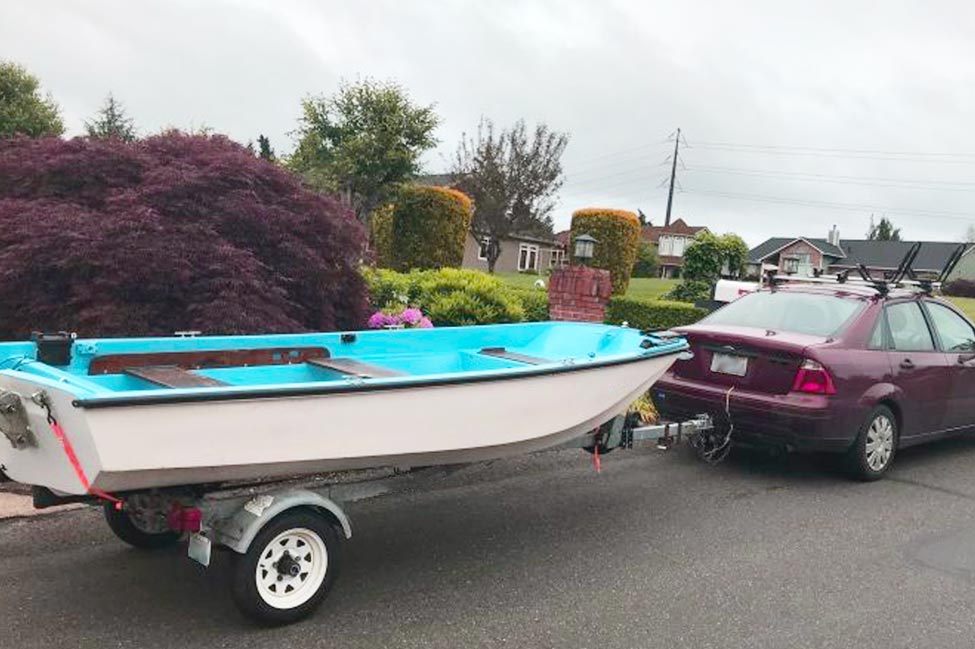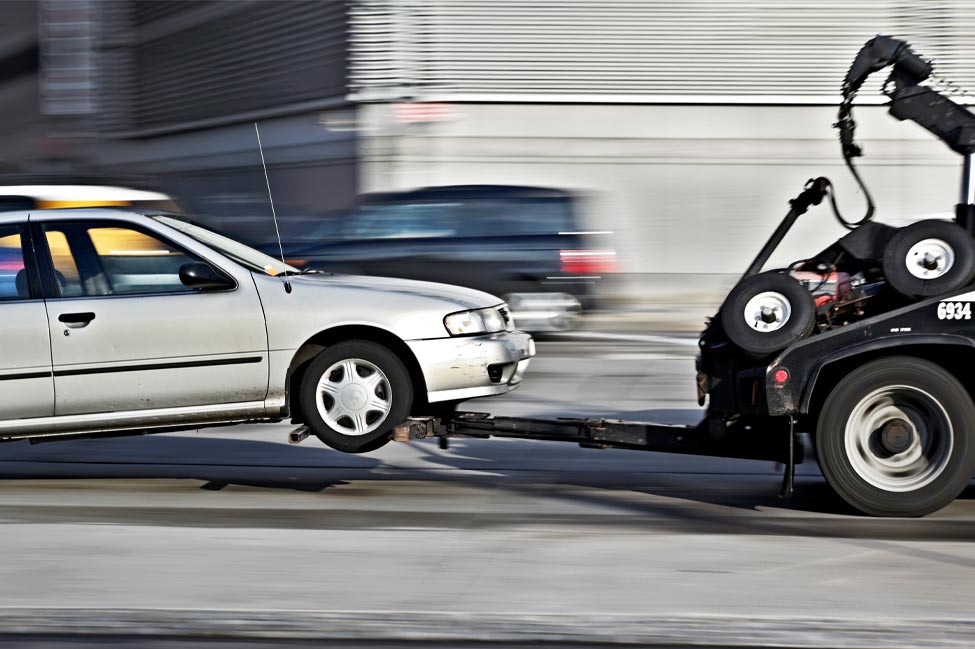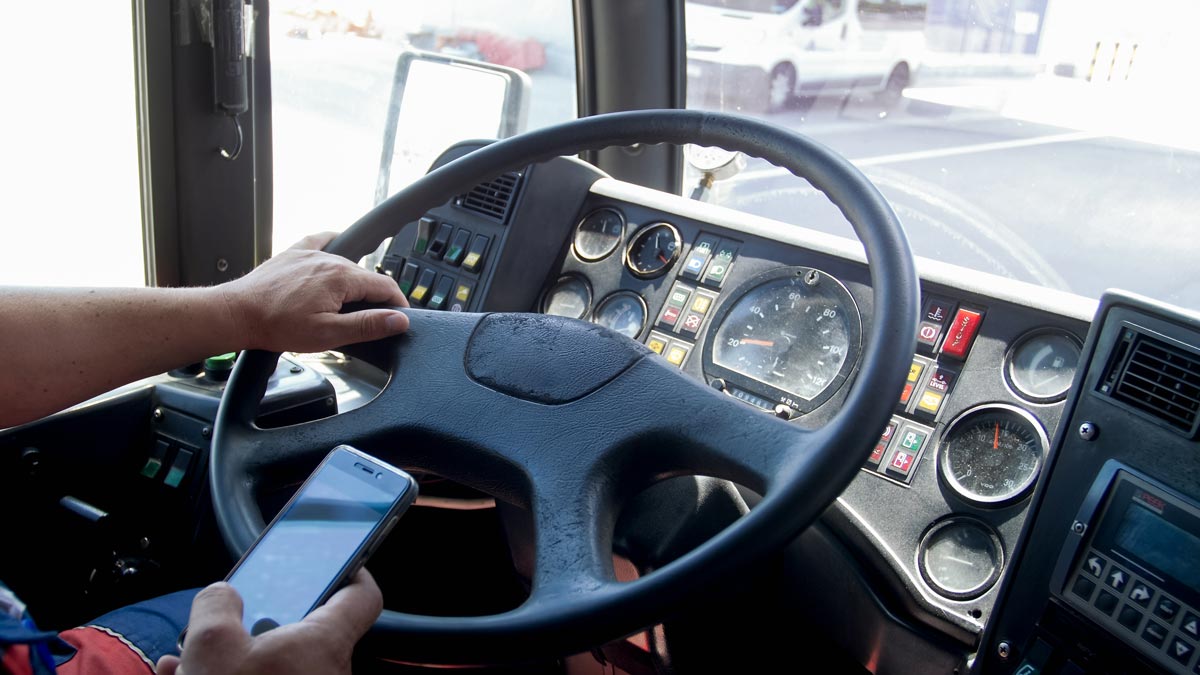Whether you are looking to purchase a competitor’s towing business or thinking about finally selling your multi-generational business, knowing what makes a towing company sellable is key to making the right decisions. In this article, Business Broker, George Metos provides valuable insights into determining the market value of towing companies up for sale.
How To Know What Makes a Towing Company Sellable
Breakdown of What Makes a Towing Company Sellable
Great Towing Companies
Want to know what makes a great towing company great? Great towing companies are profitable, have a strong presence in their communities, have plenty of quality contracts with entities such as motor clubs, fleet clubs, police, private companies, and thousands of call-up customers. Whether they are in a highly-populated area, providing roadside assistance and light-duty towing, medium to heavy-duty towing, or working the highways and interstate for wrecks and recovery work, these companies have figured out how to make money.
Their business success will naturally attract buyers. A multiple of their adjusted profit or EBITDA (Earnings Before Interest, Taxes, Depreciation and Amortization) is calculated by their CPA or broker and multiplied by a number of years to compensate the owner for building a successful towing company. This amount is enough that the owner is happy to include the trucks as part of the deal. This is the way all great companies are sold, whether in the towing industry or otherwise.
The buyers for great towing companies are “regional powers” that are experienced and successful in the towing business. They want to grow in a region, whether that is more of a major city, or in an adjacent state. Some are in multiple states, but there are not many of those. There are even some investment companies that have come onto the scene lately.
The regional powers look for strong management, serious profits, customers who will be there for the long haul, good drivers, reasonable competitive forces, etc. The combined forces of the buyer and seller make the company larger and more powerful. Sometimes this is enough for the seller to feel that they can take some chips off the table and partner with the buyer and grow together.
Good Towing Companies
These good towers are profitable, although not enough to be valued on a profit basis. They know how to operate the company long term, understand their business, have strategic value in their contracts in a particular area, and know how to manage their drivers.
The buyer may know how to boost sales of that company because of their management skills, access to cash for growth, marketing acumen, relationships with motor clubs, fleet clubs, trucking companies, etc. This is sometimes a story of a good business made better with the addition of a strong partner. The parties will determine if the missing ingredient is cash, management, contracts, etc. If a match can be made, the combined company will be stronger than the sum of its parts.
Most of the good but not great towing companies are sold to existing local towing companies nearby, whether that be in the same city or another city 20-200 miles away. Good towing companies are profitable, but not so much that a multiple of profit is enough to have the seller include the trucks for no additional compensation. Instead, the company is sold for truck value and some blue sky or goodwill if they are reasonably profitable.
Average Towing Companies
These companies are paying their bills but otherwise not very profitable. Management has some skill and experience, but for various reasons, they are not generating much more revenue than their expenses. With the challenges of marketing, high insurance rates, competition for motor club work, and expensive trucks and maintenance, it is not surprising that many towers fall into this category.
Yet they still may have something that the buyer wants. It’s not trucks, because trucks are readily available and there is no reason to sell them at a discount when there are buyers everywhere. Maybe it is the drivers or a few good contracts that can be leveraged. And the buyer is probably not that successful or aggressive in towing because, if so, they would be buying a good/great towing company instead. This is not always the case, but it typically is.
The seller is not in a great position to demand much out of the deal, although they may be able to get out cleanly and preserve jobs and their reputation.
How To Determine The Value of A Towing Company
The classic method of valuing towing businesses is based on the value of the real estate owned and profit times a multiple, or assets and some goodwill, whichever is greater. Not both. This is true of towing companies, gas stations, shoe stores, etc. Even if you or the buyer don’t know this at the beginning of the process, a banker, CPA or attorney will provide this input somewhere along the way. Therefore, you should be aware of this math from the start.
Real estate values are typically the appraised value of the property if it were to be sold outright. And in the case of a lease, the tenant may want the right to buy the real estate some years down the road, typically at fair market value at the time of purchase. You will always get paid for the real estate, which stands to reason. You could move your towing company into a lease elsewhere and continue, while you sell or lease your real estate. If you don’t own the real estate, the buyer may be happy to take over the existing lease, where possible.
Meanwhile, assets are based on the resale value of the fleet and any equipment and inventory. The depreciated value of the trucks, or how you show them on your balance sheet is of little concern to a sophisticated buyer. Buyers focus on the price they’d pay for a similar truck in a similar condition on the open market. There may also be some equipment and inventory (tires, batteries, etc.), but in this industry, the assets are primarily trucks.
The more sophisticated part of the valuation is the profit vs. asset approach. Business brokers are trained to look for profit wherever it may be hiding in the company. Such as depreciation, high owner compensation and/or perks, overpayment on the lease of company-owned real estate, and other areas that are typical of towing companies. A broker might calculate an adjusted profit number such as EBITDA or free cash flow, depending on preference. This amount is multiplied by a factor based on the size of that profit number. The bigger the profit, the more reliable the earnings are, and the bigger the multiplier. It may take a bit of reading and research to get comfortable with EBITDA (Earnings Before Interest, Taxes, Depreciation, and Amortization). To me, it is merely the adjusted profit. It is adjusted to make a comparison of one towing company to another.
Each industry has its norms for multiples of adjusted profit. But towing companies have the burden of large capital expenditures required for equipment. Imagine a great towing company with $1,000,000 of adjusted profit versus a retailer that sells sunglasses at 20 malls and makes $1,000,000 of adjusted profit too. Consider that the towing company may have to spend $400,000 per year on trucks to generate this profit. In contrast, the sunglass retailer may require no more than $100,000 of inventory in their warehouse at any given time to generate their profits. All things being equal, a buyer may pay a higher multiple for the sunglass retailer. Plus, the buyer would be home at nights and could hire cheap labor for the malls as opposed to having skilled drivers.
However, there are plenty of buyers who appreciate a towing company that knows the business, has skilled drivers, and some momentum with marketing and contracts. A company that has succeeded in developing a towing business is in demand by a few sharp companies.
Selling Your Towing Business
If you’re interested in selling your towing business you’ll want to provide potential buyers with the following information. Be sure to have a current insurance policy, maintenance records for the trucks, any lawsuits cleared up, and sound financial records, such as tax returns for prior years, and a year to date P&L (Profit & Loss Statement) for the current year.
Summary
Knowing where your towing company fits into the grand scheme is essential. Implementing effective marketing, attending courses at the tow shows, sharing strategies with your industry friends, and hiring one of the industry consultants may help your company grow. So long as you have enthusiasm for towing, anything is possible.







George
I really appreciate all the information that I read in one of your articles in the internet today.
I own a Towing company LLC in Alaska , I began my business on my own in June 2003 and currently still growing.
I am one of those owners that are at the age of retirement so I would like to find the right fit for my towing company, looking for help to market it in Alaska and lower 48 , hope you can help.
Brett Miller DBA Brett’s Auto Mover Towing LLC
When considering buying a company, many entrepreneurs suggest paying attention to basic economic indicators such as cash flow ratio, gross margin, profit, etc., but when it comes to acquiring competitors in your industry, you have even more points to consider. I am not a transportation entrepreneur, but I suggest considering factors such as logistics workflow. For example, checking whether the fuel monitoring systems are on board and how managers track their driver’s performance.
I read your article I prefer this, you have discussed an interesting topic that everybody should know there is enough information for those people who don’t know more about Towing Company this information is helpful for me, I will be happy to read more such blogs in the future from you.